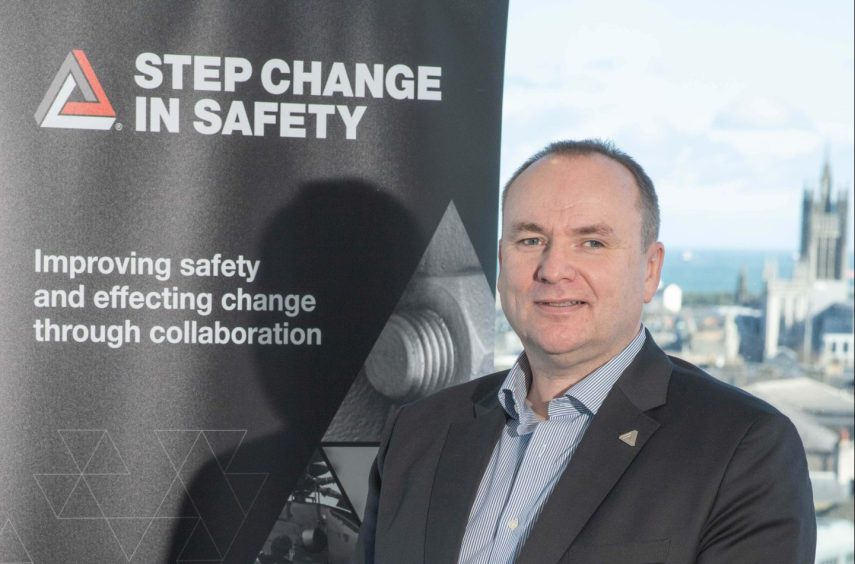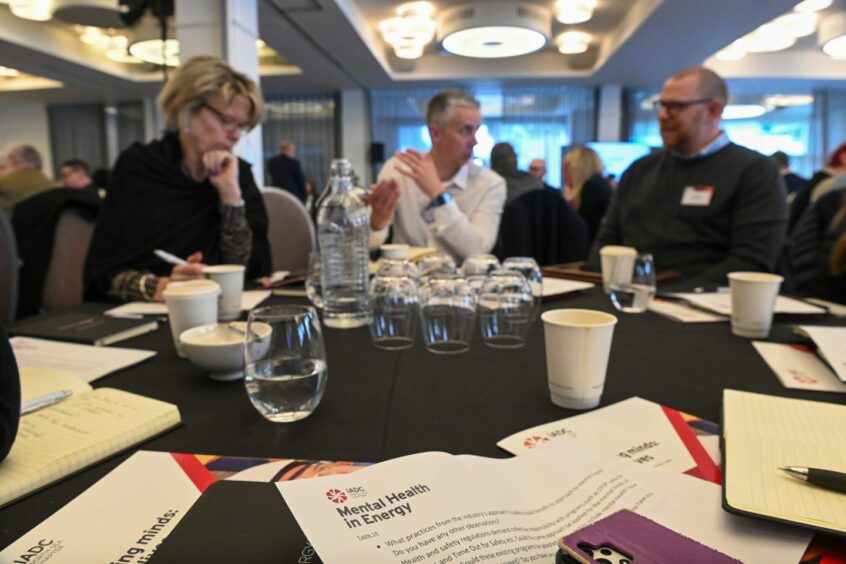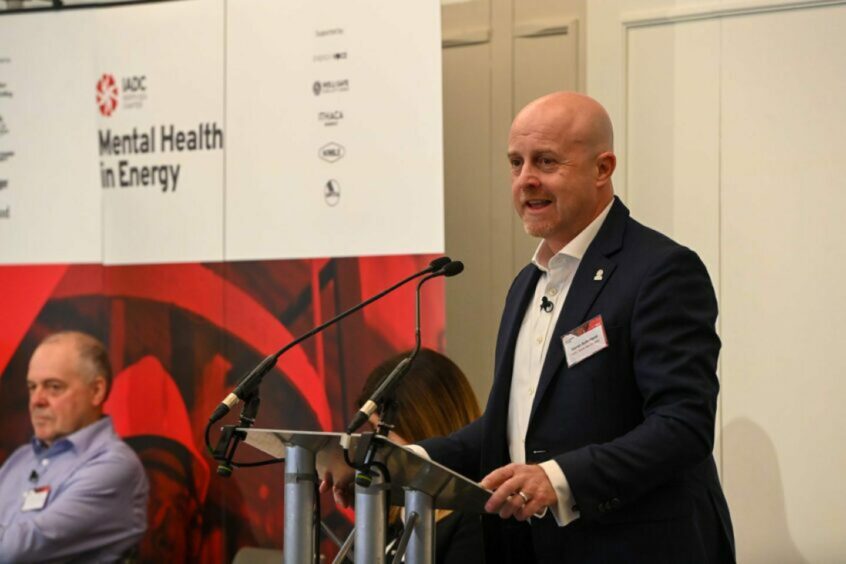
Step Change in Safety, the IADC North Sea Chapter and the Marine Safety Forum have launched a survey to gauge the offshore workforce’s mental and physical health.
The International Association of Drilling Contractors (IADC) told Energy Voice in March that it was looking to send out the questionnaire this summer following its mental health white paper which was published last year.
The survey opens today and will close on Monday 26th August, Step Change in Safety has developed the questions to gather insights into the wellbeing of employees across the energy industry.
Participation in the survey is entirely voluntary and anonymous and results will be analysed and used to inform the development of new programmes, resources and initiatives aimed at improving the wellbeing of the energy industry workforce, the energy industry member-led safety organisation explained.
Craig Wiggins, executive director of Step Change in Safety, said: “The wellbeing of our workforce is paramount.
“By launching this industry-wide survey, we aim to understand the current state of wellbeing within the energy industry and identify key areas where we can provide additional support and resources.
“Our goal is to create a safer, healthier, and more supportive working environment for everyone involved.”
Alan Errington, co-chair of the Step Change in Safety Wellbeing Group argued that the findings of this survey will be a “crucial step towards” understanding the challenges facing offshore workers.
Last year a report published by the IADC found that 40% of onshore and offshore remote rotational shift workers experienced suicidal thoughts some or all of the time while on duty.
After its initial report, the IADC launched the call to arms in the form of a Mental Health Charter as it looked for more industry support for a 10-point plan to improve the mental well-being of workers in the North Sea.
There was a lot of support from firms for the charter as 35 North Sea organisations joined by the end of last year.
Mr Wiggins continued: “When employees are physically and mentally healthy, they are more likely to have higher energy levels, focus and cognitive abilities. This, in turn, means they can work safely.
“We need information for change to be made and to ensure this happens. The more data we gather, the more influence we can have in our industry. By completing this survey, the workforce will help us better understand their wellbeing.”
Chairman of the North Sea Chapter of the IADC, Darren Sutherland, said earlier this year that the findings of this survey are set to be used as the “basis” for an initial annual report on mental health and well-being in the sector.
This North Sea-focused report will then guide future actions from the task force, the IADC chairman explained.
Mr Errington commented: “The statistics speak for themselves with a third of UK workers currently experiencing a health, wellbeing or mental health issue and 39% of the workforce having taken time off work or reduced their responsibilities due to a wellbeing issue.
“This survey is a crucial step towards better understanding the unique challenges faced by our industry’s workforce.
“We encourage all employees to participate and share their experiences. The data collected will help us develop targeted strategies to address wellbeing issues and promote a stronger culture of safety and care across the energy industry.”
Recommended for you


 © Supplied by Kenny Elrick/DC Thom
© Supplied by Kenny Elrick/DC Thom © Supplied by Kenny Elrick/DC Thom
© Supplied by Kenny Elrick/DC Thom